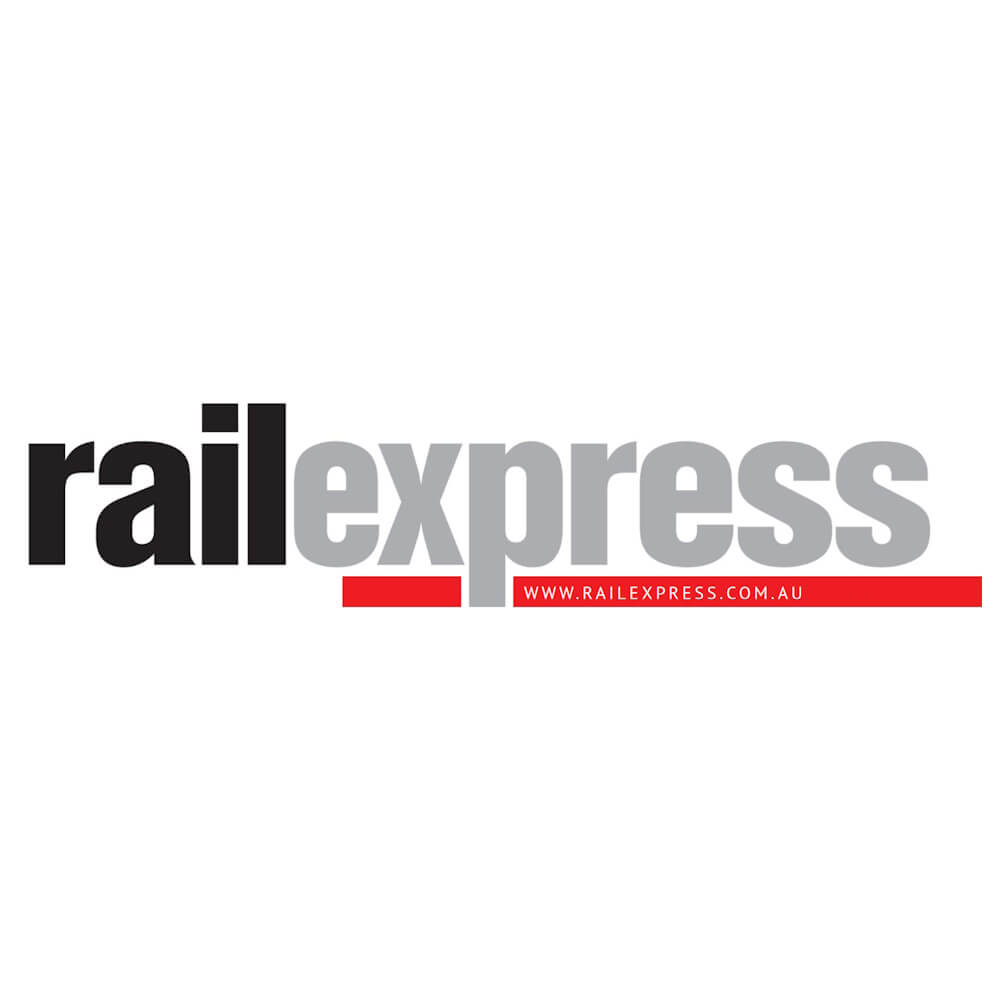Aurizon is reviewing the final decision handed down by the Queensland Competition Authority regarding how much the it can earn from its operation of the Central Queensland Coal Network.
Late on Thursday the QCA published its final decision on the next access undertaking to govern Aurizon’s monopoly operation of the CQCN.
The QCA’s final decision allows Aurizon a maximum allowable revenue over the four-year term of $4.123 billion.
That figure is almost a quarter of a billion dollars more than what was allowed under the QCA’s draft decision, which, since it was handed down a year ago, has led Aurizon to slash its maintenance program, cutting capacity and damaging its relationship with coal mining customers.
But the new maximum allowable revenue figure is still $728 million lower than the revenue Aurizon originally argued it should be allowed to earn, and it’s $588 million below the revised figure Aurizon suggested in its response to the draft decision in March.
In its final decision the QCA has been more favourable to Aurizon regarding the return on capital, depreciation and operating cost components, but is actually suggesting a further reduction in forecast maintenance costs – the figure which Aurizon has already used to justify cutting its maintenance practices.
Note: MAR is Maximum Allowable Revenue. Source: Aurizon
Under Queensland’s competition legislation Aurizon now has 60 days to respond to the final decision, and the operator said on Friday “all available options will be considered”.
“Aurizon remains committed to working with industry on an outcome,” the company said. “Discussions are ongoing but no agreement has been reached.”
Earlier this year, the QCA invited Aurizon and its mining customers to work together to present the Authority with a solution of their own, but while Aurizon has confirmed talks, no such solution has yet been reached.
In handing down its final decision, the QCA justified the length of time between Aurizon first submitting its proposed access undertaking in November 2016, and the final decision handed down this week.
Throughout the process, the QCA spent 33 weeks seeking additional information, 32 weeks in consultation, 24 weeks in the statutory assessment period, and finally delayed the decision by 15 weeks while the Supreme Court of Queensland considered Aurizon’s bid for a judicial review into the process.
In October, the Supreme Court dismissed Aurizon’s bid for that review.
Aurizon had alleged the QCA’s former chairman, Roy Green, was conflicted when the draft undertaking was being developed, because he later became the chairman of the Port of Newcastle.
Aurizon’s lawyers told the court Green met with the Port of Newcastle prior to leaving QCA, and discussed the impact of Adani’s proposed Carmichael mine on the Hunter Valley coal network. The lawyers alleged Green then played a “material part” in the QCA’s draft decision.
But Justice David Jackson ruled a “fair-minded lay observer” would be unlikely to believe Green acted with bias and thus influenced the QCA’s draft undertaking against Aurizon.
“In my view, the connections urged by the applicant that give rise to the alleged reasonable apprehension in the present case are too tenuous or theoretical,” Jackson said.
Aurizon has said it will continue to fight not only for a fair outcome for this access undertaking, but for a more favourable process in the future, which it says will benefit miners and the market.



